Japan-Korea Forum | 15th Meeting
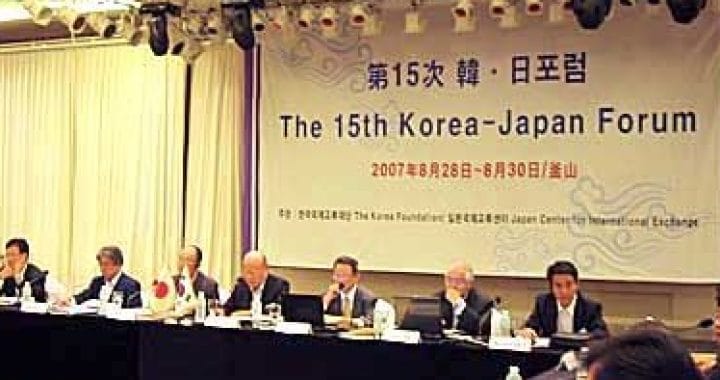
The 15th Japan-Korea Forum was held in Busan on August 28–30, 2007, convening more than 40 participants from both countries. Discussions focused on the changing political dynamics within each country, trends in Korea-Japan relations at various levels, the security situation in Northeast Asia, and economic progress being made in the region.
Japan-Korea Forum | 16th Meeting

On August 28-30, 2008, the 16th Japan-Korea Forum took place. Approximately 40 leaders from the political, nonprofit, academic, media, and corporate sectors gathered to discuss a variety of topics, including socio-political developments in both countries, the changing economic environment in Northeast Asia and the future of Korea-Japan economic cooperation, and regional security issues.
Japan-Korea Forum | 17th Meeting
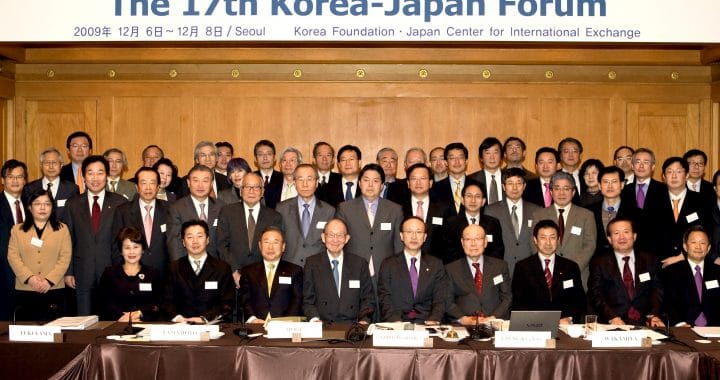
This meeting, which gathered roughly 50 experts, was held in Seoul and focused on recent developments in each country and how the two countries could work together to address critical shared concerns.
Japan-Korea Forum | 9th Meeting

The ninth meeting of the Forum was held on August 31-September 2, 2001, in Gangwon Province, Korea with approximately 50 leaders from the political, business, academic, media, and the nonprofit sectors. Discussions focused on domestic sociopolitical and economic developments in Japan and Korea, the state of bilateral relations and the reconciliation of historical grievances, security in Northeast Asia, enhancing economic cooperation, and ideas for the future.
Expanding Support for Democratic Governance
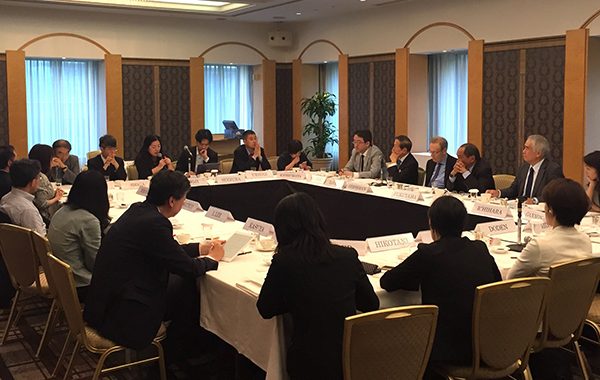
In 2018, JCIE launched a multi-pronged initiative to explore and expand Japan’s support for democratic governance based on the values of liberty, accountability, the rule of law, and individual dignity and empowerment. The initiative is designed to engage Japanese leaders in dialogue with domestic and overseas experts on strengthening the building blocks of democratic governance in Asia and elsewhere.
Dialogue between Members of Japanese Diet and the Council of Asian Liberals and Democrats

On July 23, 2025, a dialogue was held between a delegation from CALD and 11 members of the Japanese Diet Caucus for Universal Vales in the Indo-Pacific.
JCIE Publication | Africa-Japan Common Vision on Health
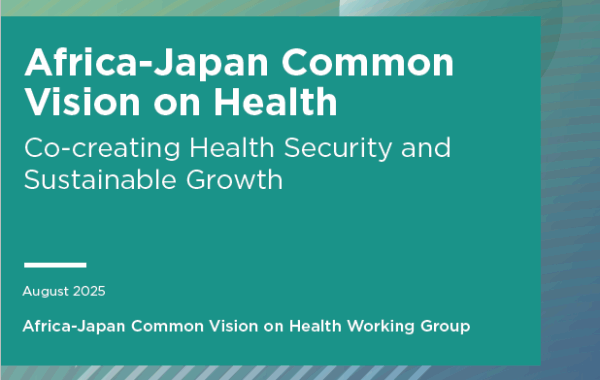
In preparation for the 9th Tokyo International Conference on African Development (TICAD9), JCIE launched a working group comprised of Japanese and African experts on health and development to define the future direction of Africa-Japan partnership in the health sector toward and beyond 2030. The group has produced a “Common Vision”—a set of recommendations and key principles for multi-sectoral collaboration to co-create health security and sustainable growth in Africa and Japan.
TICAD9 Event | Africa-Japan Common Vision on Health
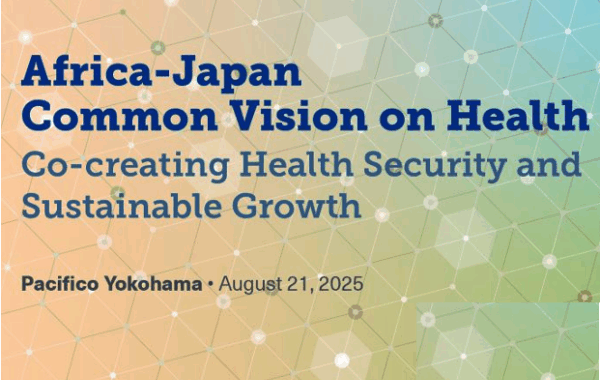
On August 21, 2025, JCIE convened globally renowned leaders in health, science, policy, and business from Africa and Japan to introduce and deepen discussions on a Common Vision calling for cooperation on co-creating health security and sustainable growth. The event delivered a compelling message focusing on health as a driver of economic growth and mutual benefit.
2024 Japanese Young Political Leaders Delegation to US
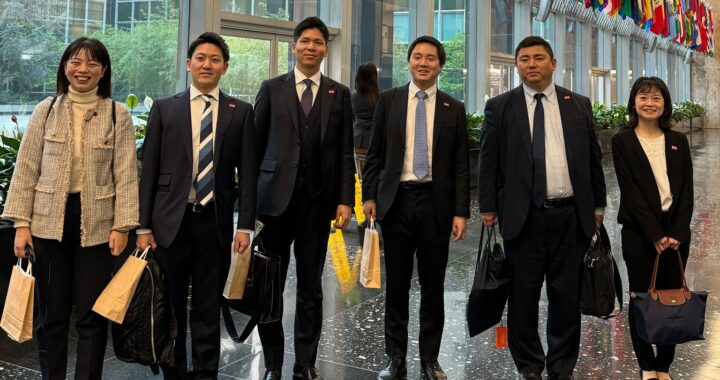
The 2024 US-Japan Young Political Leaders Exchange Program brought the 30th Japanese delegation to the US, providing an opportunity for them to meet and engage in discussions with government officials, political campaign committees, policy experts, and business representatives.
US-Japan Young Political Leaders Exchange | 2024 US Delegation to Japan
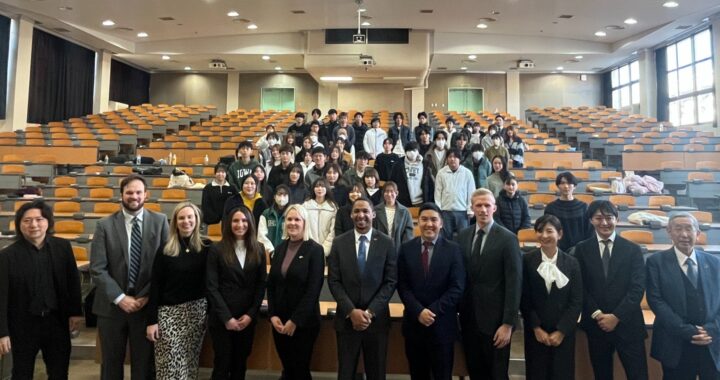
A bipartisan delegation of seven US young political leaders traveled to Japan to meet with a variety of policymakers, business leaders, and local-level politicians in Tokyo and Yamaguchi Prefecture.
